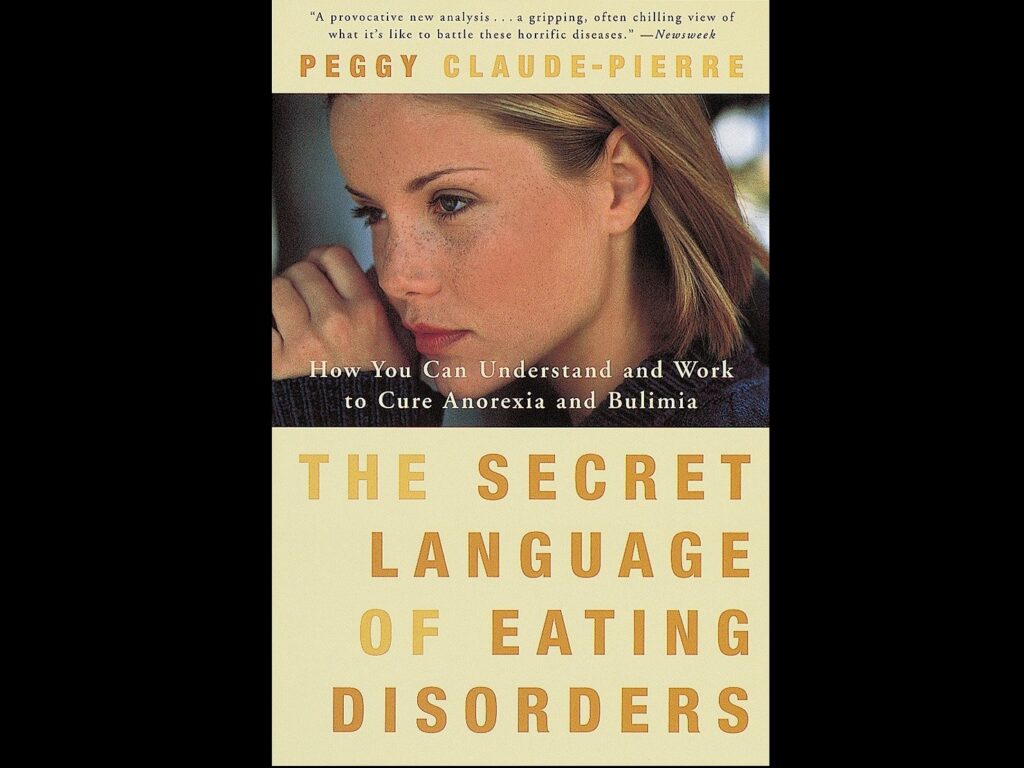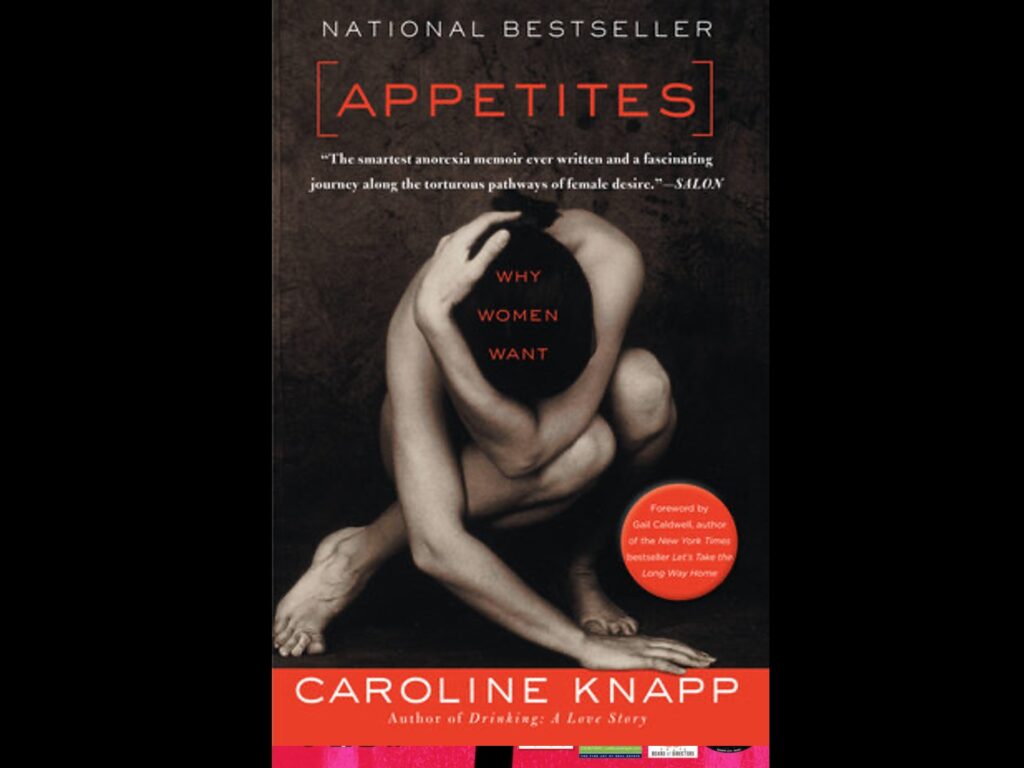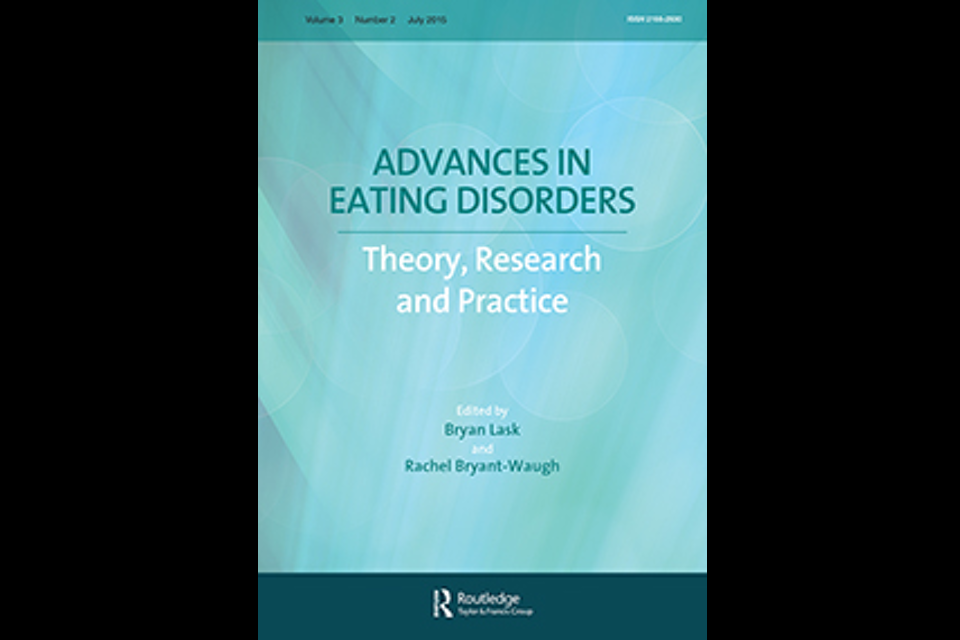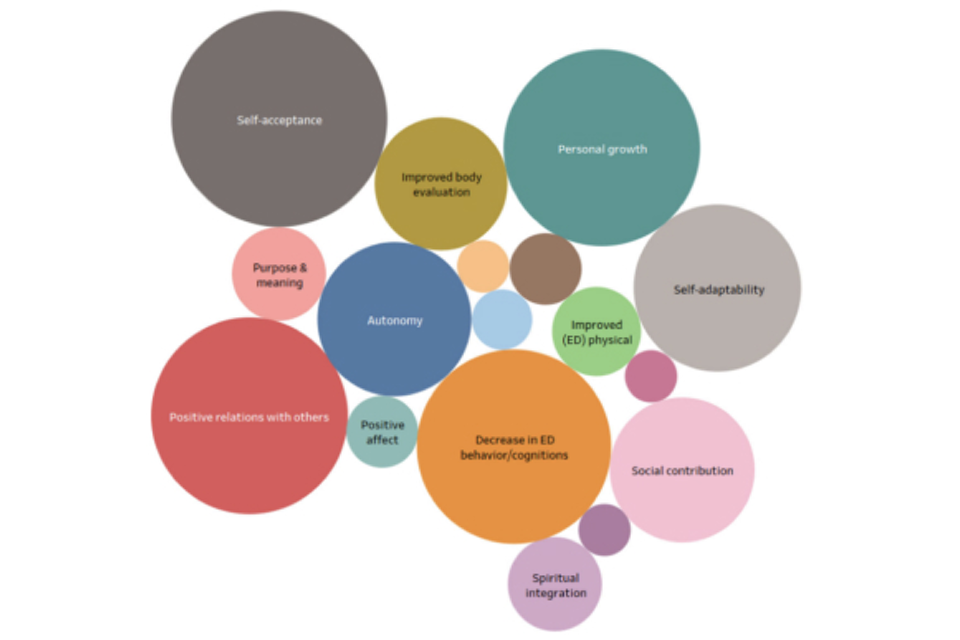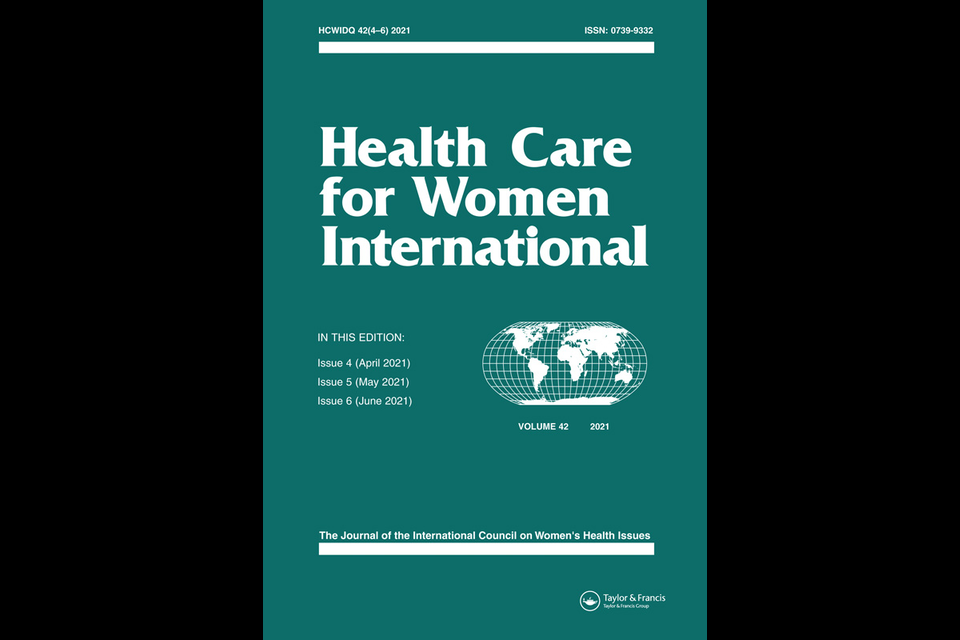Learning Resources
Distilled onto this page are the resources that I found to be the most relatable and the most useful during my own recovery.
The Secret Language of Eating Disorders by Peggy Claude-Pierre
Much has been written and said about Peggy Claude-Pierre. I do not deify her, and I deeply respect the need for medical treatment as a part of anorexia treatment, however, I refuse to ignore the enormous difference she made in the lives of many women who could find no hope or help in standard delivery…
Appetites by Caroline Knapp
Caroline Knapp’s Appetites was the first anorexia memoir I read that felt honest to the depth and pain of the experience. Appetites was released posthumously (Ms. Knapp passed away of lung cancer at the age of 42, in the year prior to the book’s release) and is a stunningly beautiful account of women’s desires and…
Reclamation of power and self: a meta-synthesis exploring the process of recovery from anorexia nervosa
Anorexia is very, very difficult to treat. It is the single deadliest mental illness, by a factor of 2-5x. There is no single answer, no magic to be found. Yet, even the research that has not yielded the hoped-for positive outcomes can yield crucial insights into what helps, and what doesn’t, particularly through the process…
Identifying fundamental criteria for eating disorder recovery: a systematic review and qualitative meta-analysis
Anorexia is very, very difficult to treat. It is the single deadliest mental illness, by a factor of 2-5x. There is no single answer, no magic to be found. Yet, even the research that has not yielded the hoped-for positive outcomes can yield crucial insights into what helps, and what doesn’t, particularly through the process…
The Patient’s Perception of Having Recovered From an Eating Disorder
In short, we need more data like this, which helps to define recovery in a way that is more relevant to the patient’s experience and quality of life. Download the paper here.

